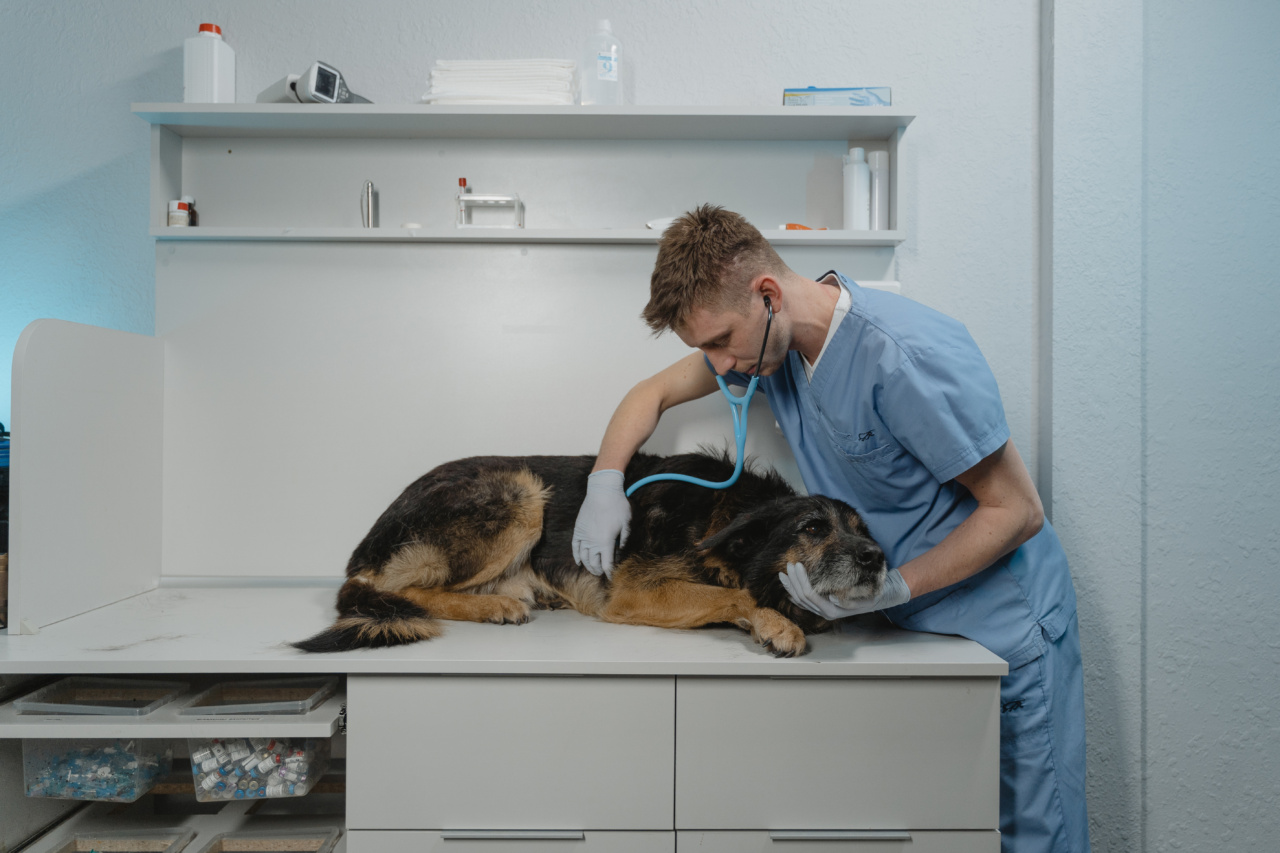Obesity is a growing epidemic that affects millions of people worldwide. It is a complex condition that is associated with numerous health risks, including heart disease, diabetes, and certain types of cancer.
For individuals struggling with obesity, finding an effective and sustainable weight loss solution is crucial for improving their overall health and wellbeing.
The Rise of Bariatric Procedures
Over the past few decades, bariatric surgery has gained popularity as a long-term solution for obesity. Procedures like gastric bypass and sleeve gastrectomy have been proven to be highly effective in helping patients achieve significant weight loss.
However, these surgeries are invasive and often require a hospital stay and a lengthy recovery period.
A Non-Surgical Alternative
Endoscopic Sleeve Gastroplasty (ESG) is a non-surgical weight loss procedure that offers a less invasive alternative to traditional bariatric surgeries.
Also known as the incisionless sleeve or the accordion procedure, ESG provides patients with similar weight loss results without the need for major surgery.
How does ESG Work?
Endoscopic Sleeve Gastroplasty involves using an endoscope, a flexible tube with a camera and other instruments, to reduce the size of the stomach. The procedure begins by inserting the endoscope through the mouth and down into the stomach.
Once in place, the surgeon uses small suturing devices to create a series of pleats in the stomach tissue, effectively reducing its size by about 70-80%.
This newly created smaller stomach restricts the amount of food it can hold, leading to a feeling of fullness with smaller portions. It also delays the emptying of the stomach, helping patients feel satisfied for longer periods of time.
By reducing the size of the stomach, ESG curbs the appetite, making it easier for patients to maintain a healthy calorie intake, thereby aiding weight loss.
The Advantages of ESG
Endoscopic Sleeve Gastroplasty offers several advantages over traditional bariatric surgeries:.
1. Non-surgical approach
ESG is a minimally invasive procedure that is performed entirely through the mouth and esophagus, eliminating the need for incisions, scars, and prolonged hospital stays.
It is typically done on an outpatient basis, allowing patients to return home on the same day.
2. Lower risk of complications
Since ESG avoids invasive surgery, it reduces the risk of complications such as infection, bleeding, and nutrient deficiencies.
As a result, it is a suitable option for patients who may not be good candidates for traditional surgery due to pre-existing health conditions.
3. Faster recovery
The recovery period for ESG is significantly shorter compared to traditional bariatric surgeries. Most patients can resume normal activities within a few days, whereas surgical procedures may require several weeks or even months of recovery.
Eligibility and Considerations
ESG may be an excellent option for individuals with a body mass index (BMI) between 30 and 40 who have struggled to lose weight through diet and exercise alone. However, it is important to note that ESG is not a quick fix or an easy way out.
It requires commitment from the patient to make sustainable lifestyle changes, including adopting a healthy diet and engaging in regular physical activity.
Additionally, ESG is not suitable for individuals with certain health conditions, such as certain gastrointestinal disorders, previous stomach surgeries, or pregnant women.
It is crucial for patients to undergo a thorough evaluation and consultation with a qualified healthcare professional to determine if they are eligible for the procedure.
Expected Outcomes
Research has shown that patients who undergo Endoscopic Sleeve Gastroplasty typically experience substantial weight loss in the first six to twelve months after the procedure.
The amount of weight loss can vary depending on factors such as baseline weight, age, and adherence to post-procedure dietary guidelines. However, many patients are able to achieve and maintain an average of 60-70% excess weight loss.
Furthermore, ESG has been found to have positive effects on accompanying health conditions related to obesity, including high blood pressure, diabetes, and sleep apnea.
As patients lose weight, they often experience improved energy levels, mobility, and overall quality of life.
Risks and Complications
While ESG is generally considered safe, like any medical procedure, it carries some risks. Possible complications include bleeding, infection, gastric leaks, and strictures.
However, the occurrence of these complications is relatively low, and the procedure is well-tolerated by most patients.
Conclusion
Endoscopic Sleeve Gastroplasty offers a revolutionary approach to treating obesity. With its minimally invasive nature, reduced risks, and faster recovery times, ESG provides an appealing alternative to traditional bariatric surgeries.
However, it is crucial for patients to consult with a qualified healthcare professional to determine if ESG is the right choice for them. With the right commitment and lifestyle changes, ESG can be an effective tool in the fight against obesity.



























